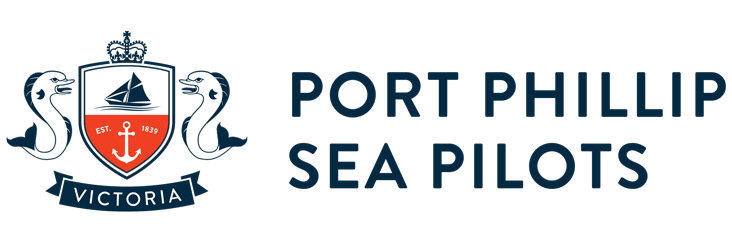15 May Pilots unite in opposing safety body sell-offs
Cost-cutting by governments around the world through the privatisation of marine safety bodies has been fiercely criticised by maritime pilots.
More than 400 delegates from around the world at the XVth International Maritime Pilots’ Association Congress in Honolulu, Hawaii, have unanimously supported a resolution calling an competent pilotage authorities “to continue to maintain a publicly accountable, fully regulated, unified and exclusive pilotage system to avoid compromising safety and the protection of the environment”.
A second resolution dealing with commercial pressures on maritime pilots emphasises “the greatest importance” of safeguarding their traditional key function – the enhancement of safety.
It said the pilotage system must support the maritime pilot in the execution of his safety task and ensure that the pilot’s professional judgement overrides any commercial pressures.
International Maritime Organisation secretary-general William O’Neil, in the keynote address, said competition driven by cost-cutting measures should not be allowed to compromise safety.
“Safety and professionalism are paramount and dog-eat-dog systems must be disallowed,” he said.
Mr O’Neil believed rapid technological advances did not diminish the fac that the continuing use of pilots was essential for their safety. Their unique local knowledge would always be needed.
Association president Michael Pouliot from Canada, a senior St Lawrence Seaway pilot, deplored the “poor safety record”, of those pilotage systems in which free market competition had been introduced.

